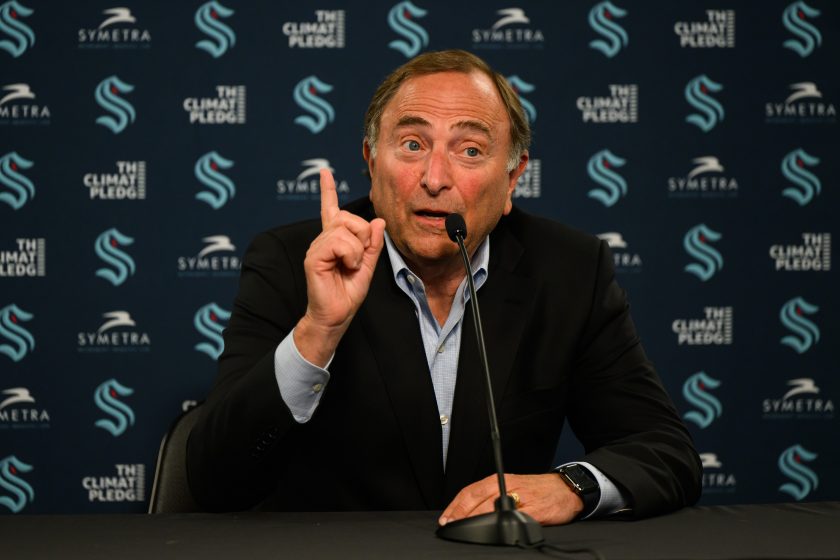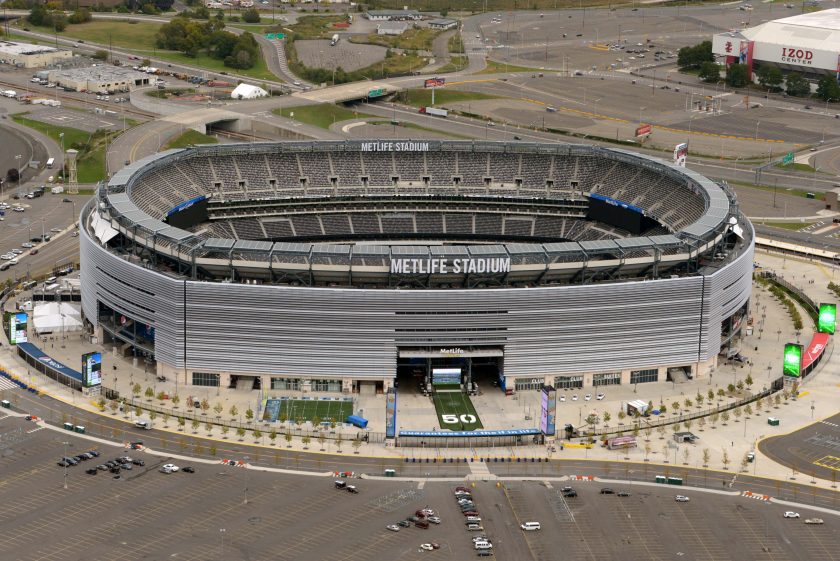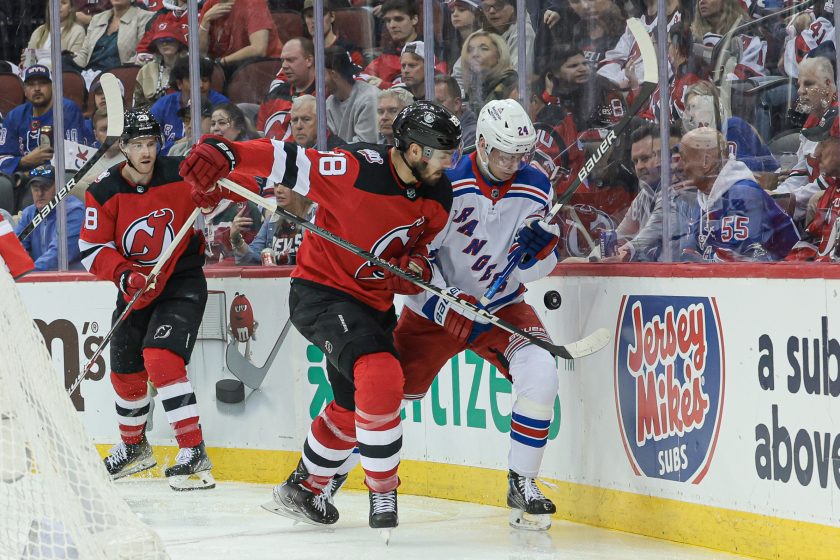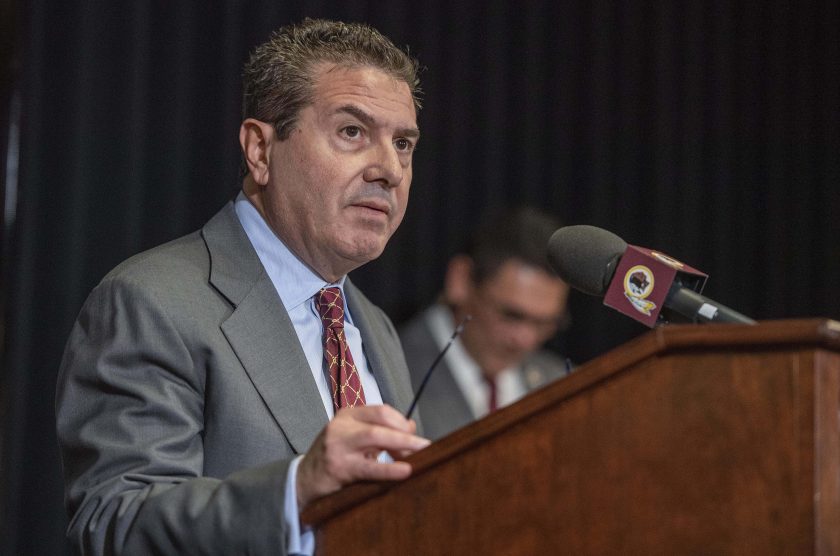New Jersey Devils: The timing was never right with Cory Schneider
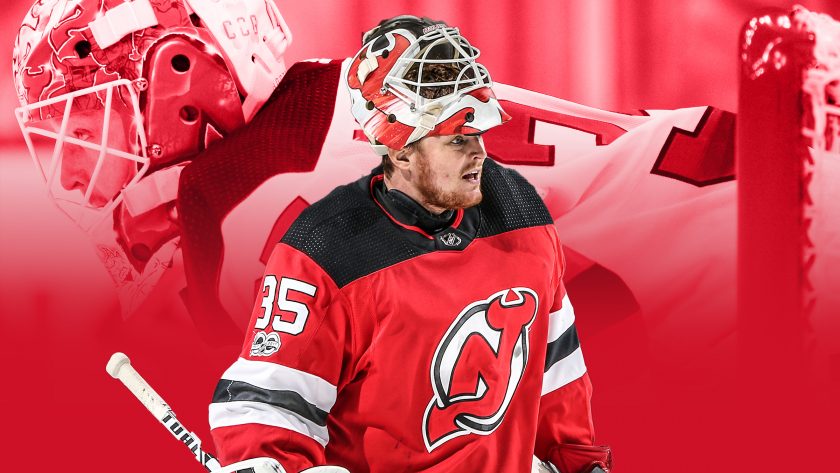
New Jersey Devils goaltender Cory Schneider hasn’t started in the past five games, but find out why he isn’t to blame for the struggling marriage.
[sc name=”McKenna Prudential Center” ]NEWARK, NJ – “I think you’re going to like this.”
Those were the words New Jersey Devils fans heard over the speakers around the Prudential Center from NHL commissioner Gary Bettman at the 2013 NHL Entry Draft.
Bettman had prior announced that New Jersey initiated a trade to move its ninth overall draft pick. It took the winds out of the sails from most of the arena, which was filled with black and red attire in hopes for another top 10 pick in the draft.
It would have marked the second top 10 pick Jersey selected in the last two years (2011, Adam Larsson) – something that Devils fans hadn’t witnessed since 1989-1991 when Jersey was able to select two top 10 picks during a similar time frame.
The commissioner announced that New Jersey traded the pick to the Vancouver Canucks … at the same moment everyone’s mind was racing and confused …and there it was, a new era appeared to be on the horizon in Jersey and of all places between the pipes.

It was finally happening – change.
The Devils acquired goaltender Cory Schneider and while the great Martin Brodeur was still under contract for one more season with Jersey’s team.
To a surprise, almost every Devils fan cheered or expressed emotions of being pleasantly surprised at the transaction.
It was then, on that gloomy summer day, that the time arrived for a new masked man to take over the blue paint for New Jersey.
https://twitter.com/davelozo/status/697206814853722114
The timing seemed right in 2013-14 considering that Brodeur’s play then displayed that he was ready for retirement or to take a step back as a starting goaltender. Sorry, Marty.
It seemed that the then general manager, Lou Lamoriello, was communicating to New Jersey fans that a new and well overdue era was on the horizon.
While Schneider played well in his first season with Jersey, the reality was that timing wasn’t right for No. 35 and the Devils to grow together moving forward. Most of Jersey was supportive to move along with Schneider during and after the 2013-14 campaign – this hockey enthusiast was not.
Cory Schneider is all-in on the Devils' tank
(🎥 @BuffaloSabres) pic.twitter.com/FGvelkrMmS
— Yahoo Sports NHL (@YahooSportsNHL) March 25, 2019
I argued then that New Jersey was better off playing Martin Brodeur and letting him go out the way he wanted to that last season.
Yes, it would’ve benefited Schneider to see as much playing time as possible, but the Devils were not a good team and Lamoriello showed no signs of actually wanting to rebuild a roster that needed an overhaul, bad.
New Jersey was old, slow and its roster would have been somewhat decent in 2004. The team owned zero assets to trade away to receive any valuable prospects or draft picks in return – other than Schneider himself.
Sure, Schneider appeared to be hitting his prime and that was perceived as something New Jersey needed, but was it?
Cory Schneider discusses his return to #NJDevils and the challenges he's had to face over the last 13 months: pic.twitter.com/AXpluOm6Bc
— Amanda Stein (@amandacstein) February 4, 2019
New Jersey should have flipped Schneider after 2014 while he still had legitimate trade value and it would have been for the better for both sides, especially Schneider.
The Marblehead, Massachusetts native was brought in to and stuck in a mess that wasn’t going to get better anytime soon. Those Devils teams from 2013-2016 were going to have to rely on Schneider to save the day too often, and it just wasn’t sustainable.
Now, five years after the trade, Brodeur’s predecessor has never been a consistent asset in net nor has he been wanted by the fanbase for the past three seasons.
[sc name=”Devils Center” ]You must feel bad for him.
Schneider showed signs of being an all-star caliber goaltender when he first arrived in Jersey. Yet, at the time the overall scene, structure and direction the team was attempting to go in – wasn’t the right fit for a goaltender ready to win games and play for a playoff contender.
Yes, injuries took a toll on No. 35, but one would have to imagine mentally it was better for Schneider and the Devils to split ways two seasons ago, at least; especially after going 20 straight games without earning a win – not all of them were his fault, either (2016-17-2017-18).
Fans will point to the fact that no team would want to take on his contract that was and still is worth $42-million over seven years ($6-million AAV) – at one point in time the highest-paid player on the team, and one that wasn’t playing.
The entire negative aurora surrounding him would have been erased and he could have found a new groove elsewhere, while the Devils moved on with another goaltender in net.
Everyone’s “going to like this,” right?
When Cory Schneider and the Devils finally do move on, fans will be quick to point the finger at him, but the truth is that it was more of a timing factor for poor No. 35.
[sc name=”Twitter Follow Link” text=”Kyle” username=”KMcKenna_tlt5″ ] [sc name=”Devils Link Next” link=”https://elitesportsny.com/2019/10/16/new-jersey-devils-dont-expect-scott-stevens-as-next-head-coach/” text=”Don’t Expect Scott Stevens As Devils’ Next Head Coach” ]Kyle McKenna is a freelancer who covers the NHL for Elite Sports New York, Hooked On Hockey Magazine & Fansided.
Follow him on Twitter @KMcKenna_tLT5 and use the hashtag #McKennasDigest to have your NHL questions featured in an article or answered over his weekly NHL podcast.


